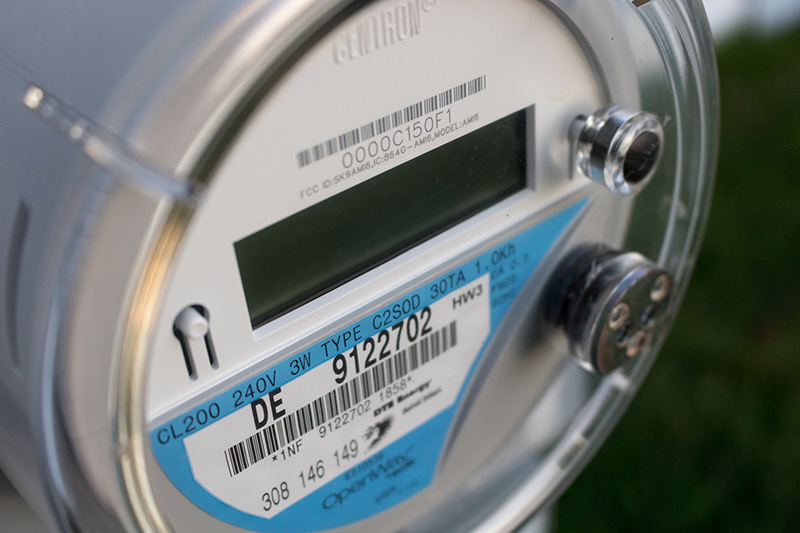Should I Have My Rental’s Common Areas on Their Own Electric Meter?
| . Posted in News - 5 Comments
By Kimberly Rau, MassLandlords, Inc.
Recently, a MassLandlords member wrote in to ask how to handle the electric bill in common areas of his three-unit rental property. He wrote:
“I don't have a separate electric meter for common areas in my 3-family building. I understand this isn't an issue, but I need to make it clear to the tenants what their electric bill covers. Is that correct? I checked your optional clause document and couldn't find anything related to it. Can you point me to any wording that I could use? Would it just be part of the utilities/services section?”

In most cases, getting common rental areas on their own electric meter is going to be the smartest choice.
Photo license: Pixabay
The optional clause document this member refers to is part of our members-only content. It contains verbiage that landlords may use to modify the language in our standard lease agreements (fixed-term, tenancy-at-will and self-extending) as appropriate. He is correct, however, that we do not have language for common-area electricity. That’s because it’s almost always better to get those common areas on their own electric meter. Here’s why.
Under Massachusetts law, landlords must pay for their tenants’ electricity, water and gas, unless each unit is provided its own meter to measure usage. Large multi-unit properties must have their own meters for common areas. However, smaller properties (three or fewer units) allow for some wiggle room under 105 CMR 410.254, in the state sanitary code. Every apartment must have its own electrical meter, but common areas (for instance, a hallway or stairwell) may be connected to one adjacent unit’s meter, as long as all of the tenants are notified.
However, when electrical metering is not separated by living unit and common area, you run the risk of a cross-metering problem, where one unit is paying for another unit’s usage, and vice-versa. If your units are found to be cross-metered, at that point, you will be held responsible for paying your tenants back for all their electric bills. That has the potential to be a lot more expensive than making sure your wiring is correct in the first place.
If you are certain your units are all wired correctly and you want to keep, say, the hallway lights on one adjacent unit’s meter, here is what we suggest:
- Make sure each common area light on a tenant’s meter is adjacent to the unit in question.
- Prepare a photo document to give potential tenants, or arrange a time to tour the building. In this document or tour, you will physically point out each common area light and tell them what unit it is metered by. You must do this with all tenants, not just the ones who will be living in the adjacent unit.
- Do that for every common area light.
- Make sure that your rental agreements reflect this status, in detail.
If you are not sure whether your rental units are properly metered, don’t wait for someone to complain before you act. Contact an electrician to determine who’s paying for what.




